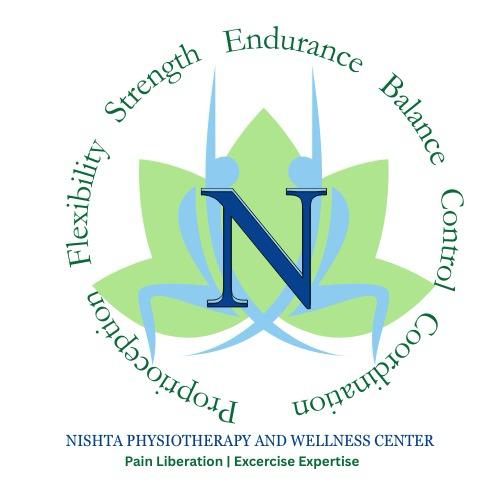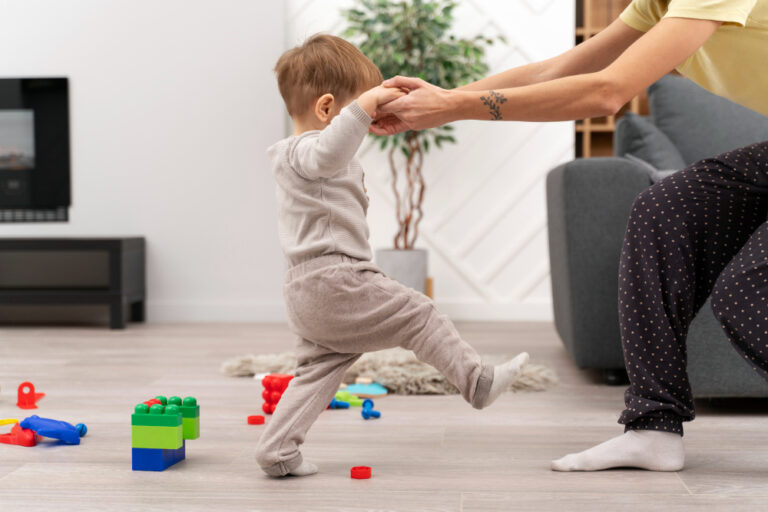What is Child Development?
Child development is the process by which children grow and learn new skills. It covers physical, emotional, social, and thinking abilities. Every child develops at their own pace. However, there are common patterns most children follow. Early childhood development is important for lifelong health and success. According to the World Health Organization (WHO), early years shape a child’s future well-being. Because of this, parents and caregivers should watch for key changes as their child grows.
Key Developmental Milestones by Age Group
Milestones are skills most children reach by a certain age. These include walking, talking, and playing with others. While every child is unique, knowing these milestones helps track progress. Below are some common child development milestones:
For more details, you can visit the CDC’s child development milestones page.
Common Signs of Developmental Delays
Sometimes, children do not reach milestones at the expected time. This may be a sign of a developmental delay. Early signs can include:
If you notice any of these signs, it is important to seek help. Early action can make a big difference.
How Physiotherapy Supports Child Development
Physiotherapy for children helps improve movement and strength. It supports children who have trouble with walking, balance, or coordination. For example, a physiotherapist can teach exercises that build muscle and improve posture. In addition, they can suggest fun activities that help children learn new skills. Physiotherapy also helps children with conditions like cerebral palsy or after an injury. Because of this, many families find physiotherapy helpful for early childhood development.
Assessment and Diagnosis of Developmental Issues
Early assessment is key in child development. Doctors and specialists use checklists and tests to see how a child is growing. They may watch your child play, move, and talk. Sometimes, they use special tools to measure skills. If a delay is found, the team will suggest a plan. This may include physiotherapy, speech therapy, or other support. According to the CDC, early diagnosis leads to better outcomes for children.
Tips for Parents to Encourage Healthy Development
Parents play a big role in child development. Here are some simple tips to help your child grow:
Because children learn by watching, set a good example with healthy habits.
Prevention and Early Intervention Strategies
Early intervention can prevent bigger problems later. Regular check-ups help spot delays early. If you have concerns, talk to your doctor right away. In many cases, simple changes at home can help. For example, playing with your child or joining group activities can boost learning. In addition, community programs and physiotherapy for children offer extra support. The sooner help begins, the better the results.
When to Consult a Physiotherapist or Specialist
If your child is not meeting milestones or you notice signs of developmental delay, do not wait. It is best to consult a physiotherapist or child development specialist. They can assess your child and suggest the right support. Early help can make a big difference in your child’s growth and happiness.
Consult a physiotherapist or child development specialist for personalized advice.

